Chris Kirkland is one of the few footballers to have spoken about his struggle with mental health. We discuss this and more with the former Liverpool goalkeeper.
Mental health is far-reaching and does not discriminate, it comes in different shapes and sizes and the battle to come out on the other side takes on a myriad of forms.
And never has the stigma surrounding mental health been challenged more, with voices from various sectors rising to the fore amid ongoing work from countless organisations and community services to offer assistance and dispel any mindless myths.
Our mental wellbeing has never been as important, especially during an unprecedented time whereby our social interactions are restricted and limited to a screen or a two-metre distance.
As part of Mental Health Awareness Week in the UK, This Is Anfield spoke to former Liverpool goalkeeper Chris Kirkland, who bravely opened up on his own struggles with depression in October 2017.
Since then, he has been a vocal advocate for mental health, launching a social media platform called YAPA (‘You Are Perfect Always’) where users can safely discuss their emotions to each other and regularly reaching out to those who have been struggling during the current climate.
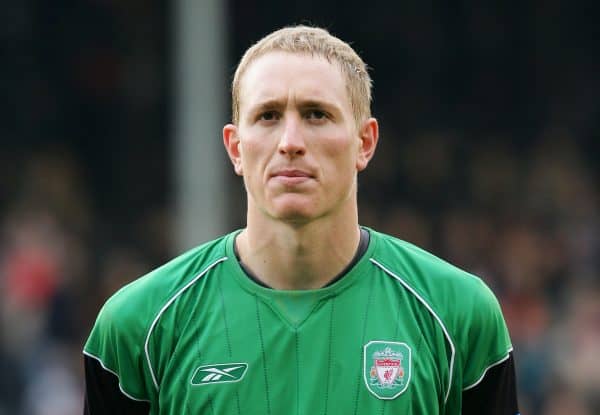
Mental Health Awareness week occurs at a particularly important time in the midst of the coronavirus lockdown.
And in recent weeks Kirkland has reached out on Twitter to offer his support to goalkeepers of all ages, from five years old to 61, and to be a voice on the other end of the phone for mental health sufferers.
“I wasn’t feeling great and I knew that people would be struggling as well that are in far, far worse positions than I am. It’s a tough time for anyone at this stage so if I can help someone or a few people then great – it gives me that refocus and a little jolt that I needed,” Kirkland told This Is Anfield.
Advice
Coping mechanisms differ from one person to another, but a routine and little time to just sit idle is imperative for Kirkland who shared his top tips for mental wellbeing.
“First, talk. That’s the biggest one. It’s easy saying it and I’ve been there but if you can drum up the courage and the bravery – it takes some doing because it’s the last thing you want to do.
“You just think you can’t do it, you think you can’t talk or ask for help but if you can find the strength to do it a massive weight will be lifted off your shoulders straight away.
“Then it’s about coping because there are days where you don’t feel great. For me, it’ll be going out doing exercise, jumping on the bike, going to the park with the dog or just going out in the car for half an hour.
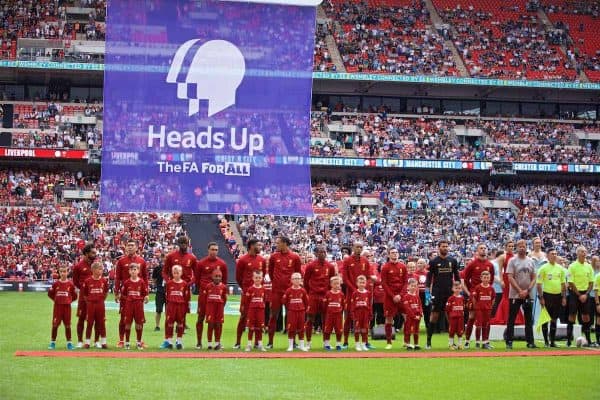
“It’s so easy, particularly at this time, to sit on the couch and do nothing because we can say ‘we’re in lockdown, we can’t do anything anyway so I’m just going to sit here all day’ – but that doesn’t help.
“Exercise is massive for mental health because it gets the endorphins going, it gets the feel-good endorphins through your body and it just makes you feel better.
“For me, those things are vital. It won’t be for everyone, there will be different triggers and ways to cope for people but try different things until you find things that work for you.
“Footballers like a routine, you like to know what you’re doing so now I try and plan my days where it takes up the whole day. Whether it’s exercise or going out and doing bits for the foundation.
“It’s about trying to fill the days up because we all know at the minute the days can be long so I try to keep as active and busy as I can.”
Mental health has been a silent killer, for too long the stigma has rendered many to keep quiet but those like Kirkland are playing a vital role in making the voices of thousands heard.
Everyone has something to give to the world and it’s important to know that it is okay to ask for help.
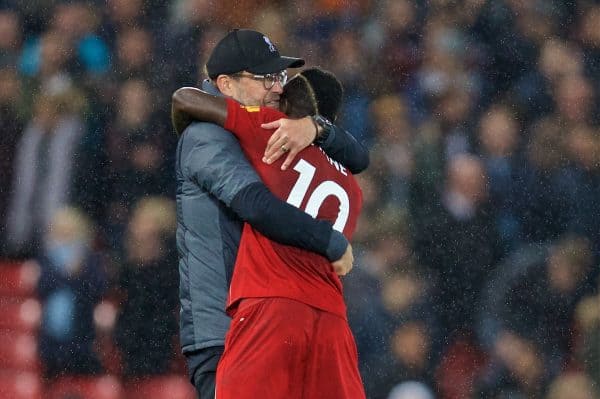
“I think every day now they try and make people aware of it. Obviously all the helplines and the places to go if you are struggling – it’s just become the norm as it should be,” he continued.
“They say one in four, but it’s more like three in four people will suffer at some point during their life with bad times – whether it’s losing family members, pets, jobs, going through a divorce.
“And so the more information [that is] out there, the more helplines and the more that people know it’s okay to ask for help when you are struggling then hopefully it’ll help a lot of people and it’ll be a slightly better world.”
The following may be able to provide help and advice if you are struggling with your mental health.
In the UK the Samaritans can be contacted 24 hours a day on 116 123 or you can find tips on how to start a difficult conversation here.
In the US, the National Suicide Prevention Lifeline is 1-800-273-8255. Other international suicide helplines can be found at www.befrienders.org.
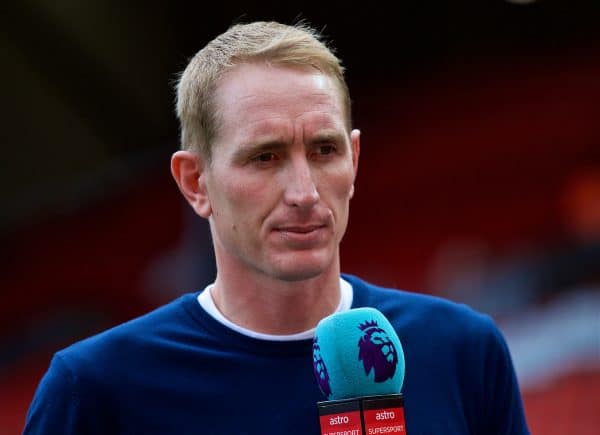






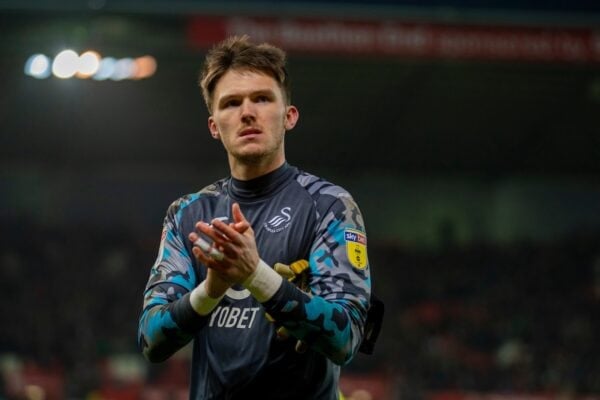



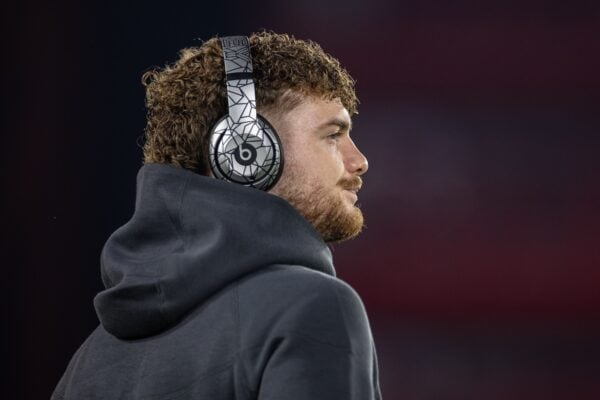
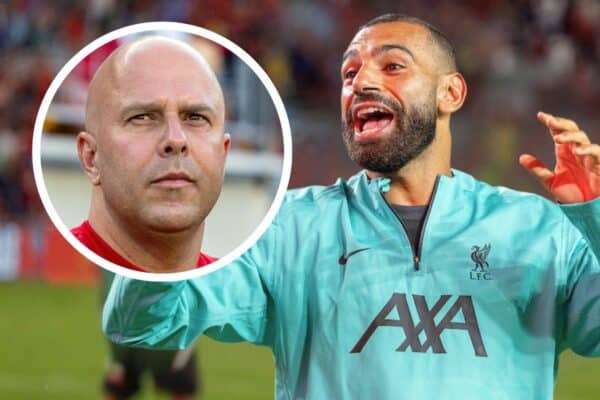




Fan Comments